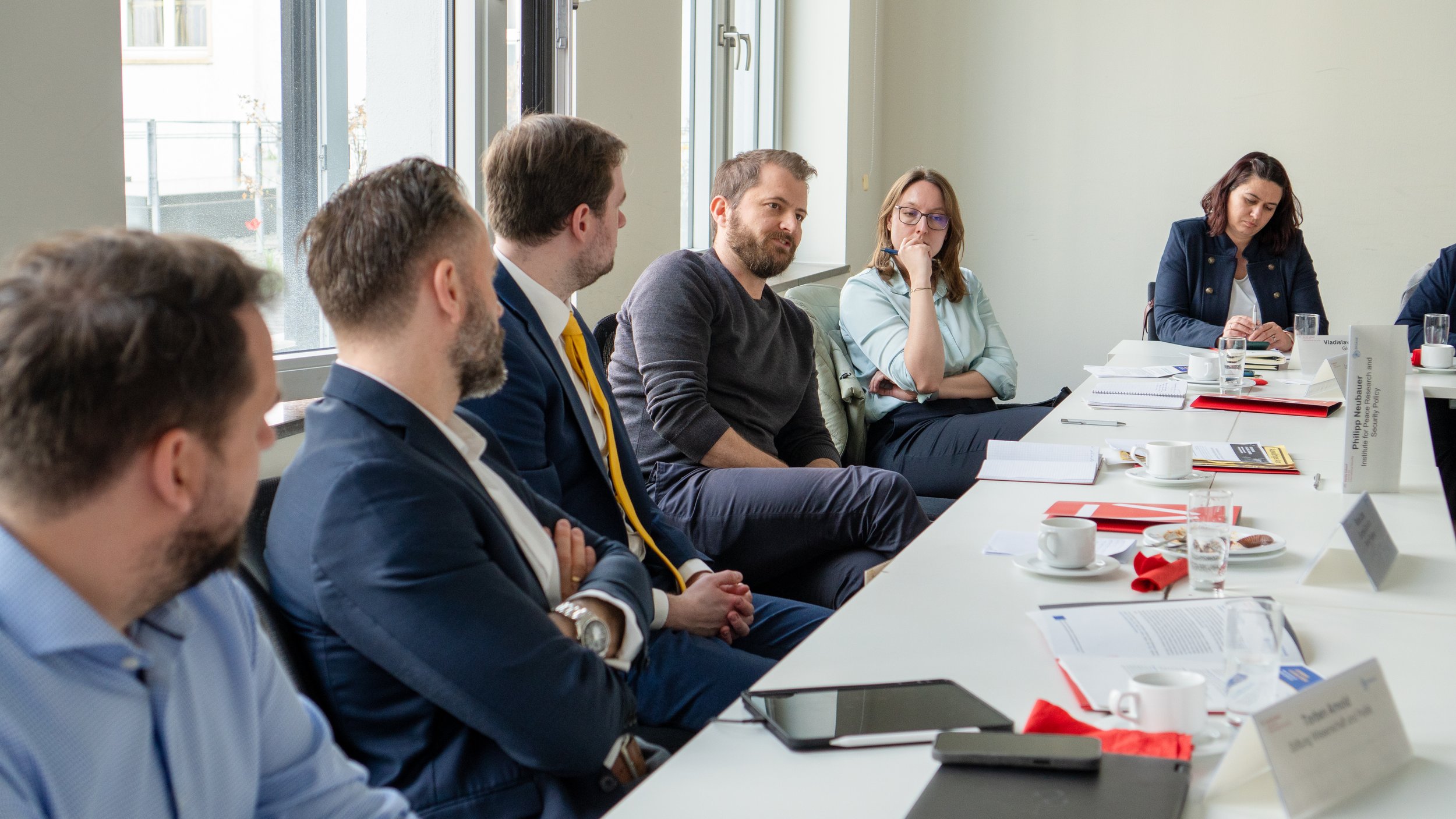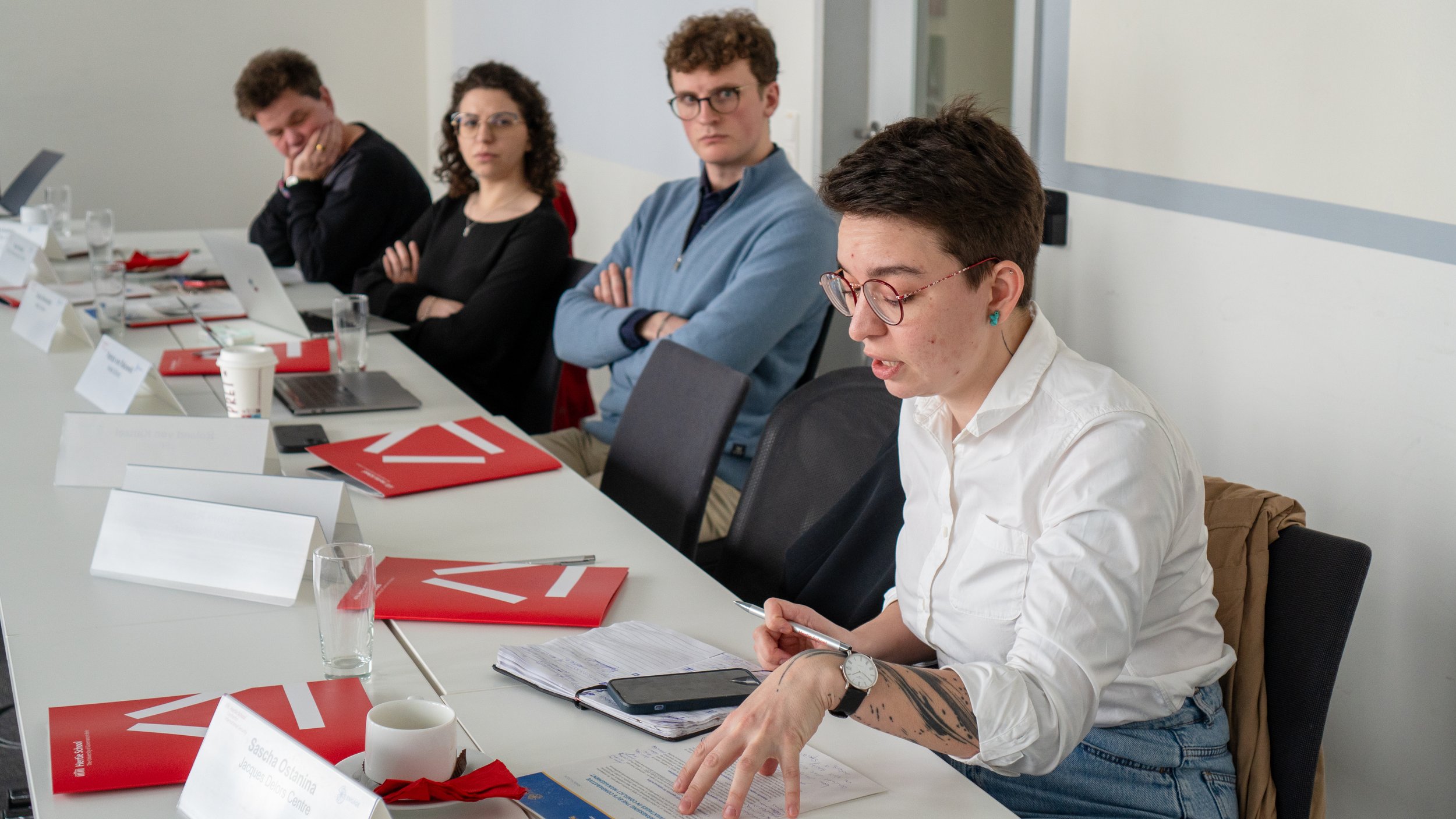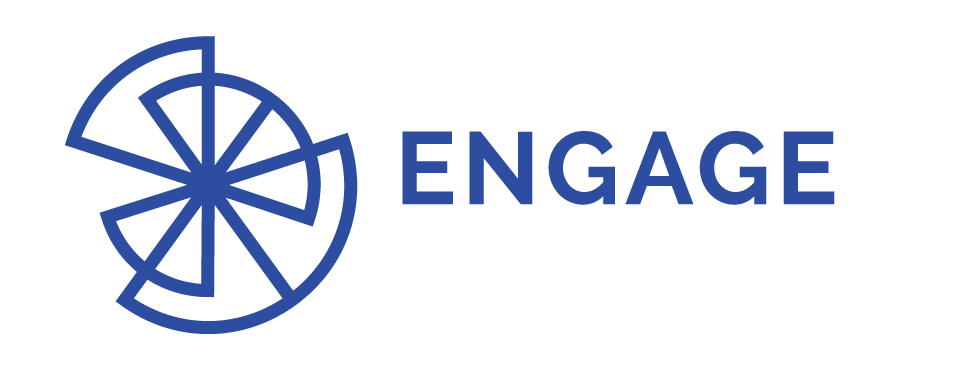Other EU external action domains: trade and climate
Berlin, Germany
Wednesday, March 27, 2024
The Berlin ENGAGE Workshop, organised by the Hertie School, took place on March 27, 2024. The objective of the workshop was to engage German policymakers, officials and experts in a discussion to explore ways in which the EU can enhance its capabilities in crisis and conflict management. In particular, the discussion centered around the idea of 'harnessing the EU's comparative advantages' - such as its experience with addressing the root causes of conflicts, the use of rights-based approaches and a significant economic leverage - to increase the effectiveness of the EU's actions in this policy area.
To kickstart the workshop, ENGAGE researcher Gustavo Müller presented concrete and actionable proposals to improve the EU's crisis and conflict management capabilities. Distinguished experts who participated in the follow-up discussion included Ronja Scheler, senior advisor for foreign and security policy at Bündnis 90/Die Grünen; Julia Friedrich, research fellow at the Global Public Policy Institute (GPPi); Rafael Loss, policy fellow at the European Council on Foreign Relations; Ronja Kempin, senior fellow at Stiftung Wissenschaft und Politik, and Lea Ellmanns, research analyst at the International Institute for Strategic Studies. The meeting was chaired by ENGAGE researcher Cornelius Adebahr.
Participants first reflected on the potential role internal EU agencies, such as the European Institute for Gender Equality (EIGE), could play in external action. The debate centered on ways in which domestic achievements and know-how could inform policymaking, as well as practical ways to operationalise their involvement. Attendees also delved into the role of EU Special Representatives and debated proposals to enhance their effectiveness, visibility and coordination. Finally, the workshop zoomed-in on the importance of involving local civil society in conflict and crisis management.





